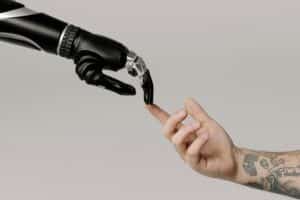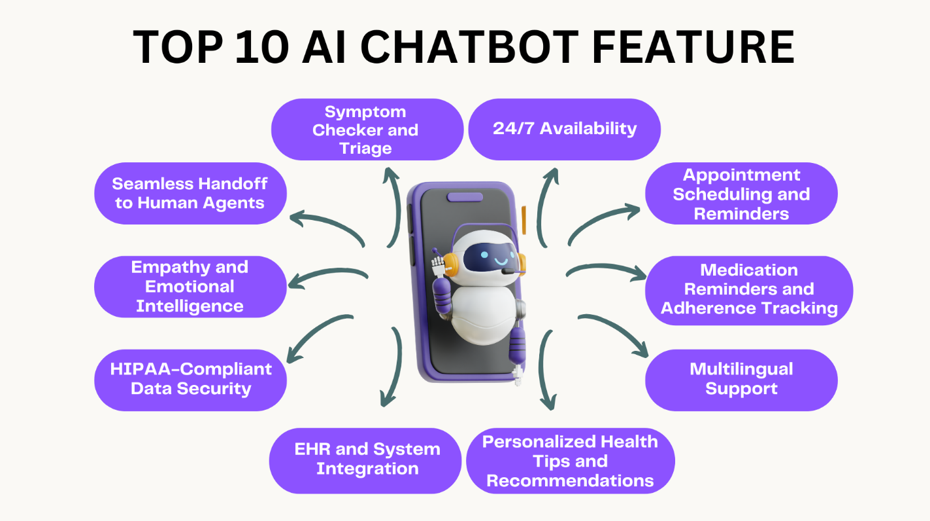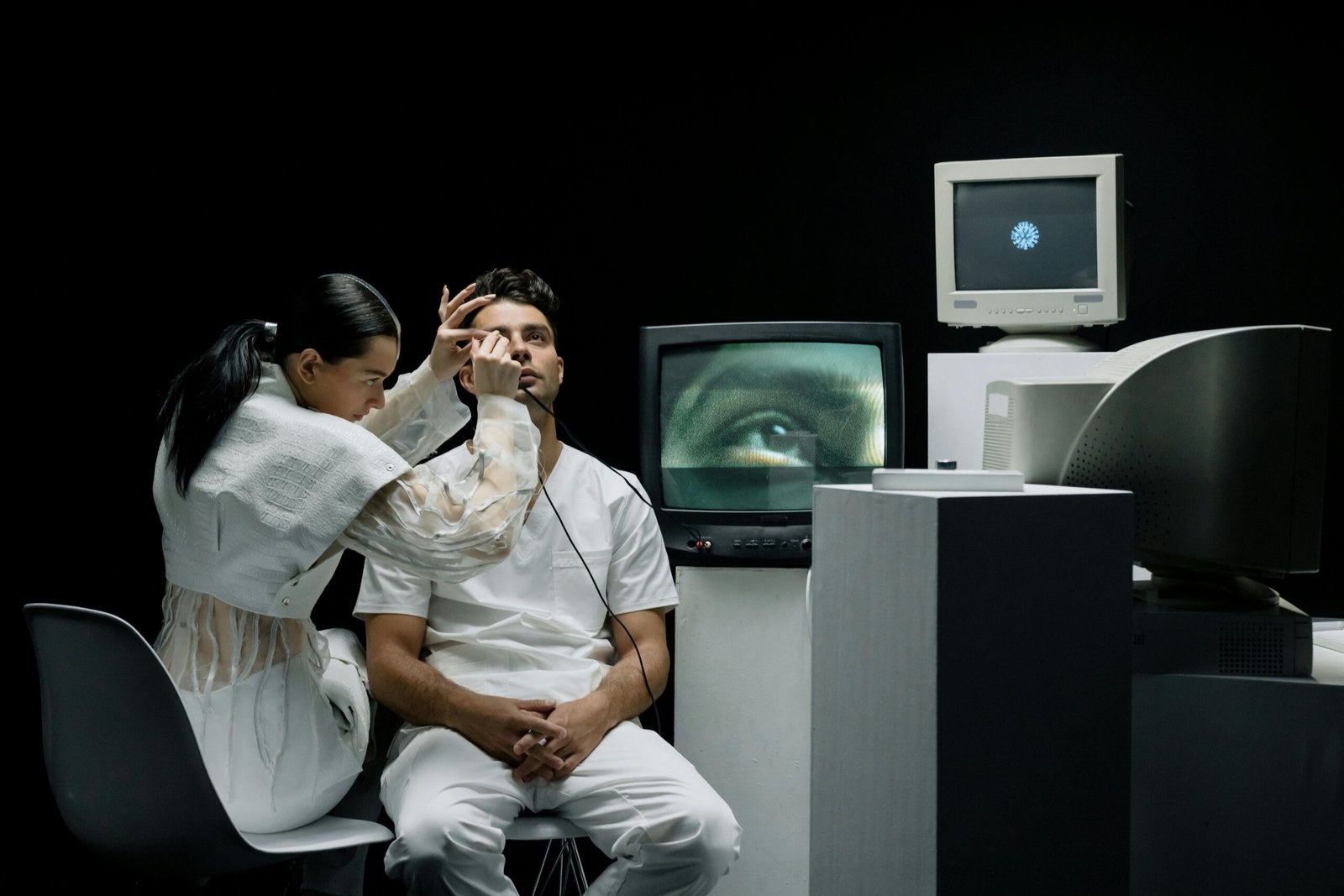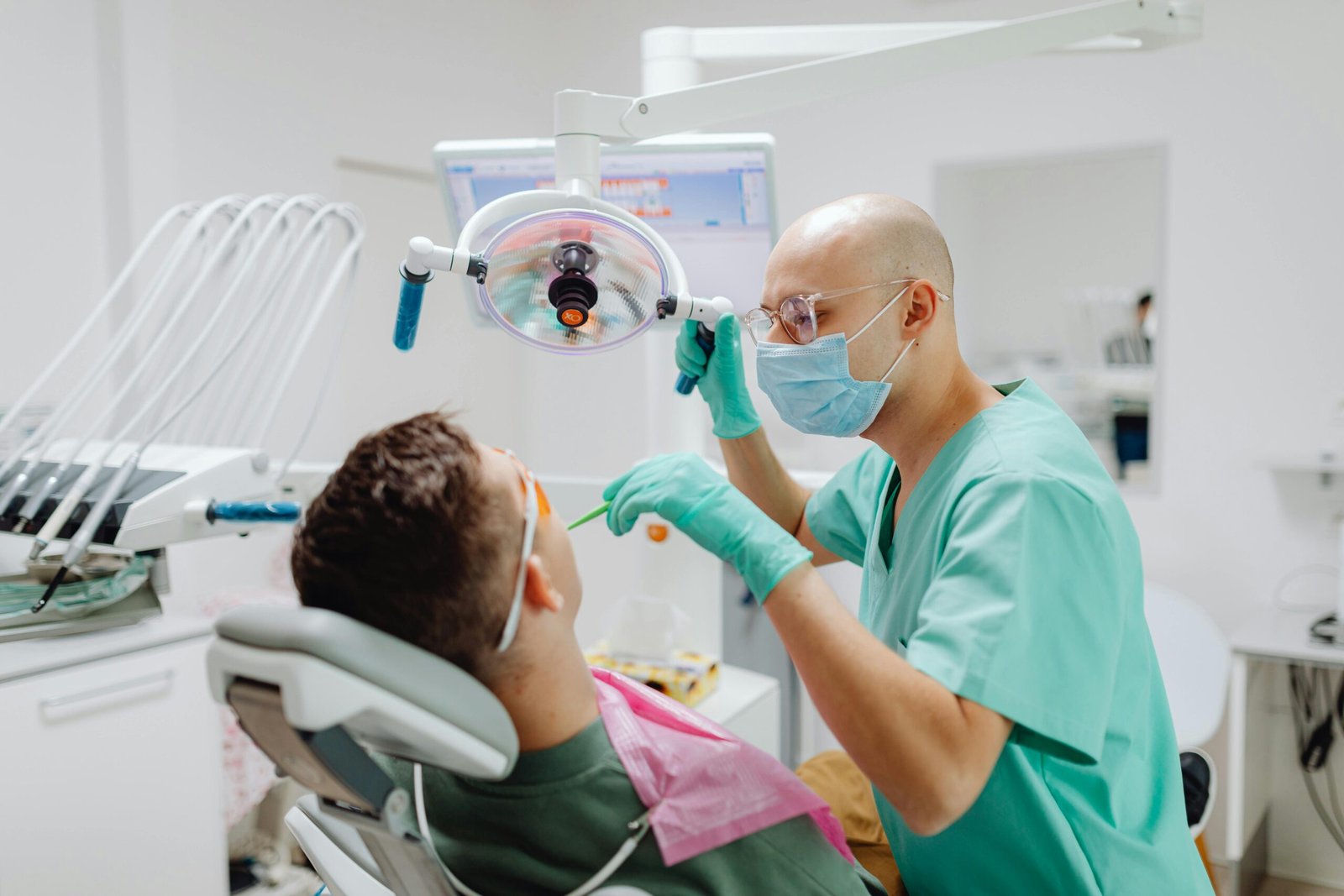Artificial Intelligence (AI) is transforming healthcare by enhancing clinical decision-making through advanced data analysis, predictive insights, and automation. AI-driven tools provide healthcare providers with the information they need to make accurate, timely, and personalized decisions, improving both operational efficiency and patient outcomes. However, AI serves as a supportive tool rather than a replacement for human expertise, ensuring that healthcare professionals remain at the heart of patient care by Automated Testing AI and ML.
Roles of AI in Healthcare Decision-Making
1.Medical Imaging and Diagnostics
How it Works:
Automated Testing AI and ML algorithms analyze medical images analysis (like X-rays, MRIs, and CT scans) to detect diseases such as cancer, fractures, or neurological disorders with high precision.
Impact:
Early detection of diseases improves survival rates by enabling timely interventions.
Example:
Google’s AI models for breast cancer screening achieved higher accuracy than radiologists in identifying malignant tumors.
2.Predictive Analytics and Risk Assessment
How it Works:
AI models use patient data (e.g., electronic health records, lifestyle data) to predict risks such as hospital readmissions, heart disease, or infections.
Impact:
Enables preventive care by identifying high-risk patients before symptoms appear.
Example:
Predictive tools in ICUs detect early signs of sepsis, significantly reducing mortality rates.
3.Personalized Medicine and Treatment Plans
How it Works:
ML algorithms analyze individual genetic profiles, lifestyle data, and medical histories to recommend personalized treatments.
Impact:
Precision medicine improves treatment outcomes and reduces the need for trial-and-error therapies.
Example:
AI-powered tools identify the best cancer treatments based on a patient’s genetic markers and tumor type.
4.Virtual Health Assistants and Chatbots
How it Works:
AI-powered chatbots assist patients by providing information, scheduling appointments, and reminding them to take medications.
Impact:
Reduces the workload of healthcare staff and enhances patient engagement.
Example:
Babylon Health’s AI chatbot triages patients by assessing symptoms and directing them to appropriate care.
5.AI in Administrative Workflows
How it Works:
AI automates routine tasks such as clinical documentation, billing, and appointment scheduling.
Impact:
Reduces administrative burden, giving healthcare providers more time to focus on patient care.
Example:
Voice-activated tools like Nuance’s Dragon Medical streamline documentation by transcribing physician notes in real-time.
Benefits of Automated Testing AI and ML in Healthcare
1.Improved Diagnostic Accuracy:
AI enhances diagnostic precision by analyzing large datasets beyond human capacity.
2.Faster Decision-Making:
ML algorithms provide real-time insights, supporting doctors in making faster and more informed decisions.
3.Enhanced Patient Outcomes:
Personalized treatment plans and predictive analytics reduce complications and improve care quality.
4.Operational Efficiency:
AI automates repetitive tasks, reducing workload and increasing the efficiency of healthcare facilities.
5.Cost Reduction:
AI-driven solutions lower healthcare costs by minimizing errors, preventing readmissions, and streamlining workflows.
Challenges and Ethical Considerations
1.Data Privacy and Security:
AI systems handle sensitive patient data, requiring strict compliance with privacy regulations such as HIPAA.
2.Bias in Algorithms:
If AI models are trained on biased data, they may deliver inaccurate or unfair recommendations.
3.Explainability Issues:
Some ML algorithms function as “black boxes,” making it difficult to interpret how decisions are made.
4.Integration with Existing Systems:
AI tools must integrate seamlessly with EHRs and healthcare workflows to be effective.
5.Ethical and Legal Concerns:
AI must align with ethical standards, ensuring decisions are unbiased and patient-focused.

Future Trends in Automated Testing AI and ML for Healthcare
1.Explainable AI (XAI):
Systems that provide transparency and insight into how decisions are reached will build trust among healthcare professionals.
2.AI-Augmented Doctors:
AI will assist healthcare providers by offering insights, predictions, and recommendations while humans retain decision-making authority.
3.Telemedicine and AI Integration:
AI will enhance virtual care by analyzing patient data and providing real-time insights during remote consultations.
4.AI in Preventive Care:
Predictive analytics will help providers shift from reactive to preventive care, identifying health risks before they manifest.
5.AI for Population Health Management:
Advanced analytics will help healthcare systems manage public health by identifying trends, outbreaks, and risk factors across populations.
Conclusion
Automated Testing AI and ML are transforming healthcare by enhancing diagnostics, personalizing treatments, and improving operational efficiency. As these technologies continue to evolve, they will augment healthcare professionals rather than replace them, ensuring that human expertise and empathy remain central to patient care. The successful integration of Automated Testing AI and ML will depend on addressing challenges related to privacy, bias, and transparency while leveraging their potential to revolutionize patient-centered care.
In the future, healthcare powered by Automated Testing AI and ML will be more predictive, personalized, and efficient, ensuring better outcomes for patients and reducing the burden on healthcare providers.








